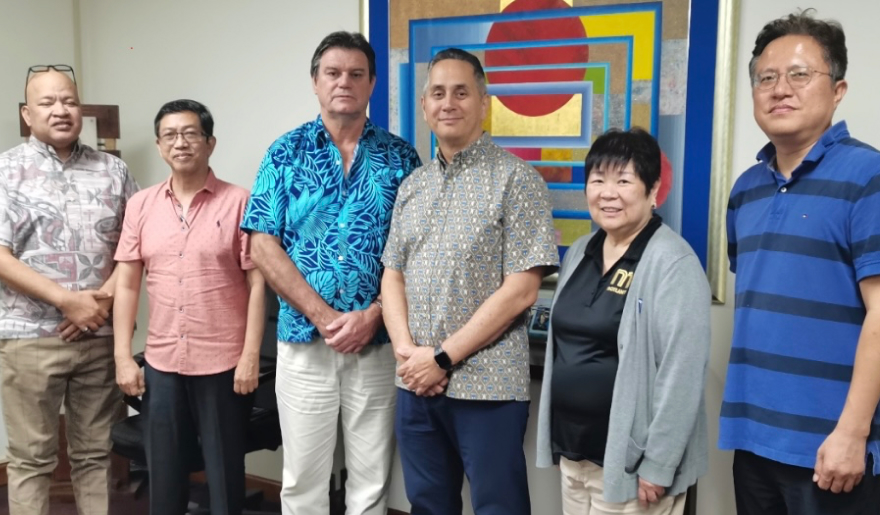
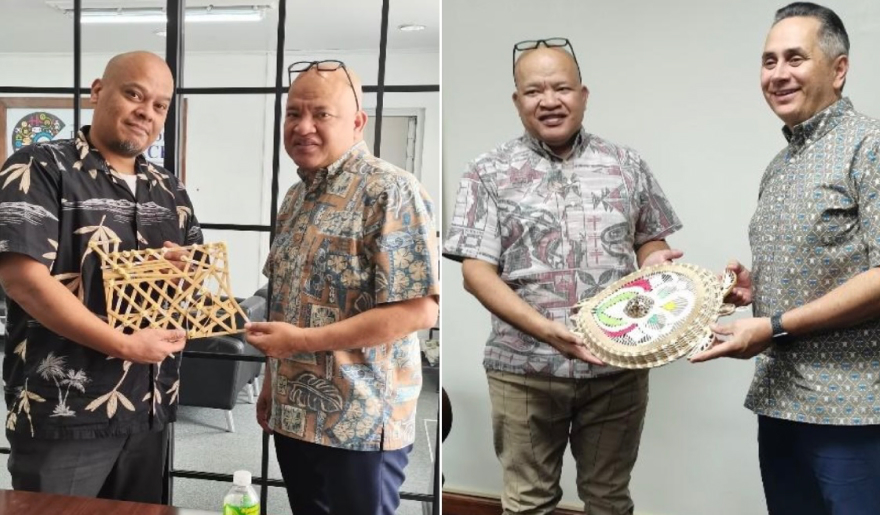
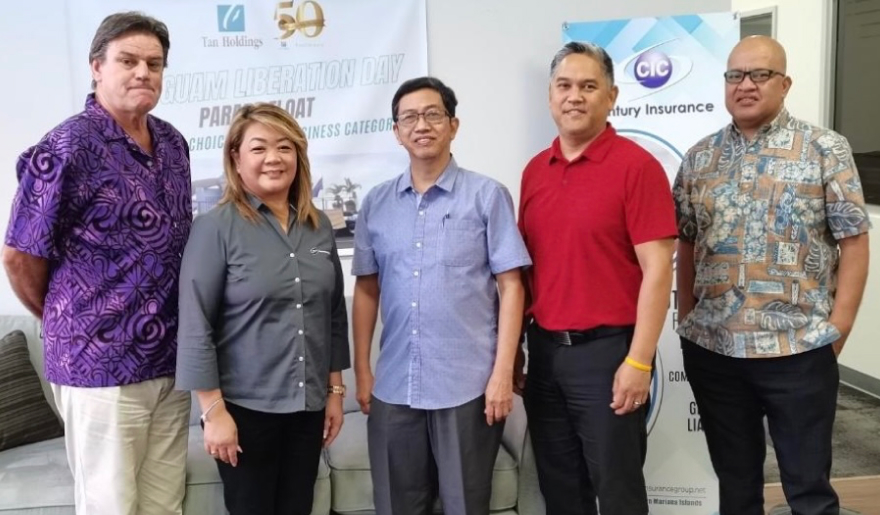
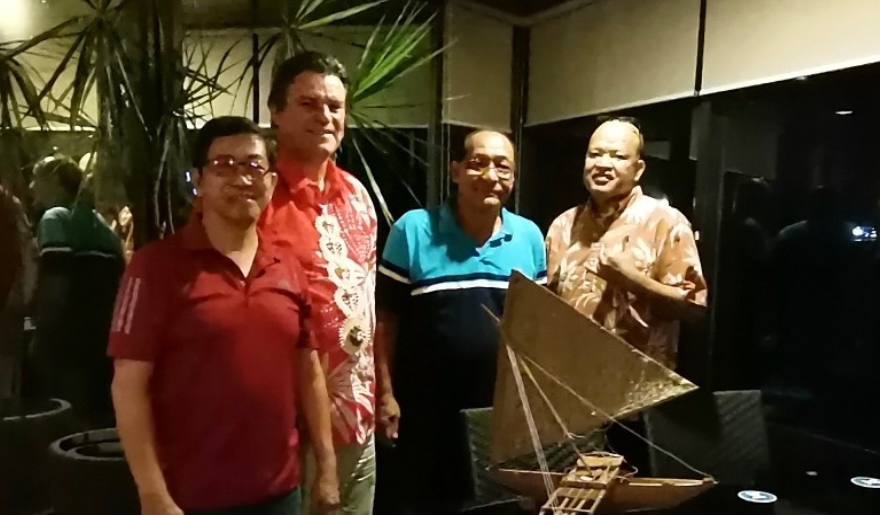
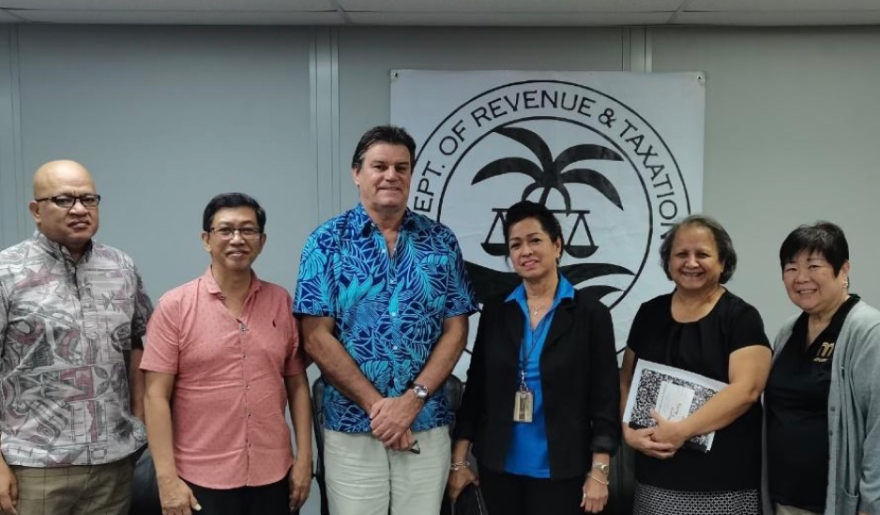
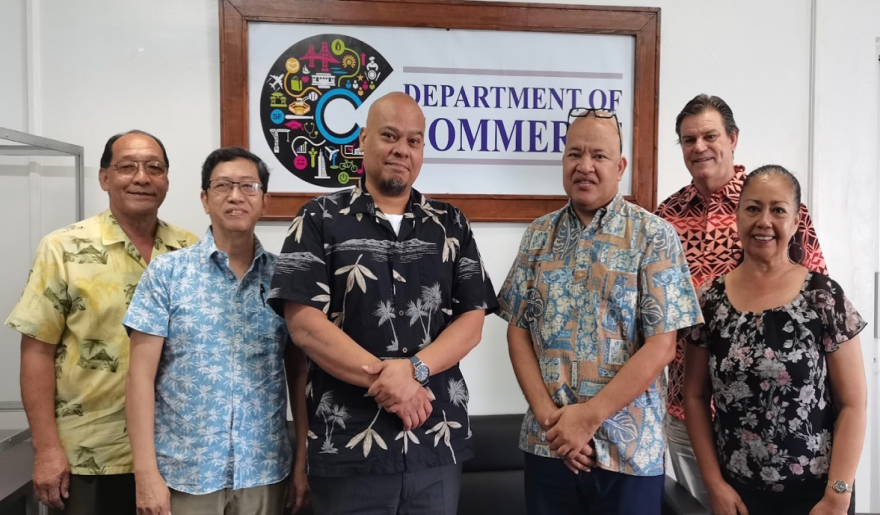
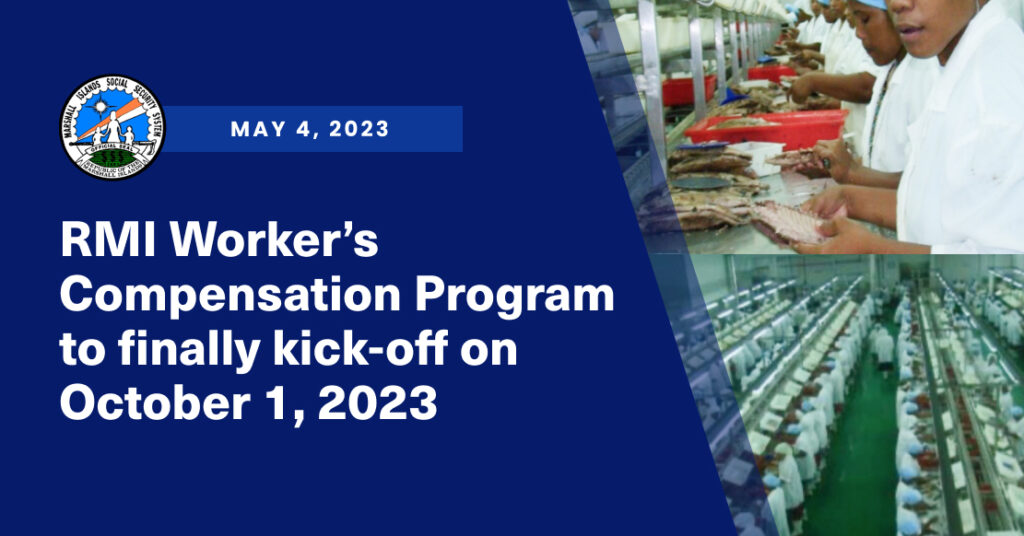
After several years of deferment, the Nitijela of the Marshall Islands has finally passed Bill 95ND1 on March 24, 2023, also known as the Workers’ Compensation (Amendment Act) 2023. The bill amended certain sections of the Workers’ Compensation Act 2019 based on recommendations from the RMI Worker’s Compensation Task Force, to improve the implementation of the country’s Workers’ Compensation Program.
The original Workers’ Compensation Bill was introduced by then Minister John Silk in 2012 under Bill No. 19. Most of the provisions and procedures were patterned on the CNMI Workers’ Compensation Program. But due to some mixed reactions from employers who are concerned with the affordability and practicability of the program, the bill was amended and reintroduced by Min. Silk in 2016. However, it was only passed by the Nitijela on September 20, 2019 which then became P.L. 2019-107. The purpose of the law is to provide compensation and rehabilitation of workers in respect to work-related injuries resulting in disability or death. The designated administrator of this program is the Marshall Islands Social Security Administration (MISSA).
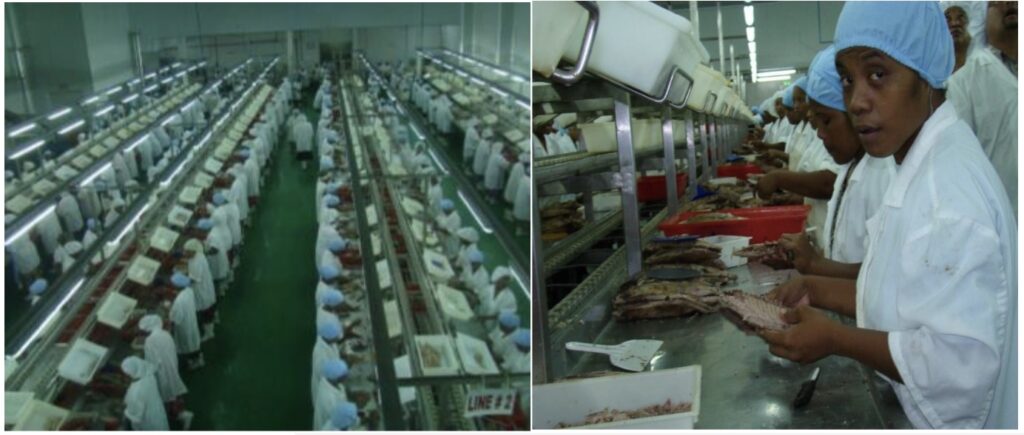
To give employers, workers, insurance companies and other stake-holders ample time to understand the program and allow MISSA to design its structure and establish its systems and procedures, its implementation was deferred by the Cabinet until September 2021.
Considering the scope of MISSA’s responsibility as its administrator and the current COVID-19 situation worldwide, the Administration requested that it be given at least one year to come up with a compensation program that would address several areas of concern that were not clarified to MISSA when the law was passed. Consequently, the Cabinet postponed again its implementation date to September 30, 2022. During this period the Australian Government funded an Adviser to assist the Task Force in it s implementation. After International search, Mr Adrian Nippress commenced the role as Adviser in late July 2022.
The main highlights of the workers’ compensation program:
Based on the recommendations of the Task Force, following extensive consultation with RMI employers and the community, Bill 95ND1 was introduced to the Nitijela in January 2023 to amend the RMI Workers’ Compensation Act 2019:
Actuarial study
Part of the challenge in delivering the implementation of the Workers’ Compensation Act 2019 in a timely manner, requires the setting of a financially viable scheme based on affordable premiums for employers. Thus, the Task Force deemed it necessary to have an actuarial study conducted first before the program is implemented. MISSA secured additional funding to complete the actuarial study.
In September 2022, the Workers’ Compensation Task Force appointed an evaluation team comprised of Task Force Chairman & Acting MISSA Administrator Bryan Edejer, Adviser Adrian Nippress and Ave Gimao Jr. of MISSA to conduct a procurement process via a selective tender, one that went to a select market of highly qualified and experienced actuaries in Australia and the United States of America. The methodology used to seek and assess the tender responses has been in accordance with MISAA and relevant RMI government policies and procedures.
A number of respondents has shown interest to the tender. After a thorough evaluation and screening was concluded, Deloitte Australia was unanimously chosen to perform the actuarial study.
The actuarial study was expected to be completed by December 2022. However, there were challenges encountered. Health related data, more particularly cases of work related injuries that were treated in Majuro and Ebeye Hospitals, as well as health referrals to the Philippines that were promised to be provided by the Ministry of Health were not fully made available as expected, resulting to delays and added actuarial cost. As an alternative, related data were provided by Century Insurance and Moylan’s Insurance in Guam, as well as by the CNMI Workers’ Compensation Commissioner. It is expected that the final actuarial report will be submitted by early May 2023.
Workers’ Compensation Regulations
To provide for the procedures and criteria for the effective implementation of the Workers’ Compensation Act 2019, the 14-member Workers’ Compensation Task, together with its Workers’ Compensation Adviser Adrian Nippress and Legal Counsel Divine Waiti, will soon present to the Cabinet the Workers’ Compensation Regulations 2023 for approval.
Highlights of the proposed Regulations:
Consultation with counterparts and stakeholders in Guam and CNMI (Saipan)
To gather information about how the Workers’ Compensation Program is being administered in Guam and Saipan, Adviser Adrian Nippress, Bill Joseph and Ave Gimao Jr. of MISSA were tasked to consult in person with the Workers’ Compensation and Insurance Commissioners of Guam and Saipan. It also gave the team the opportunity to meet with senior managers of Century Insurance (the main Insurance carrier of Marshalls Insurance Agency) and First Net Insurance/DB Insurance (main insurance carrier of Moylan’s Insurance Agency) in Majuro.
The week-long consultations enabled the RMI Workers’ Compensation team to gather immense information and inputs about the operational structure of Guam and Saipan’s Workers’ Compensation Programs, including insurance regulatory practices in the region. The visit and consultations confirmed that the RMI Workers’ Compensation Task Force had accurately identified the most effective amendments to the Act and the required Regulations and processes to address potential problems and challenges that may be encountered when the Workers’Compensation Progam in RMI kicks off on October 1, 2023 . This will give the Administration the head start to set–up preventive measures and check-points to mitigate the impact of these difficulties.
On behalf of the Workers’ Compensation Task Force, the team of Adrian, Bill and Ave wishes to express their heartfelt appreciation to the hospitality and support of the following individuals who have shared their expertise and provided invaluable information and inputs during their trips to Guam and Saipan:





